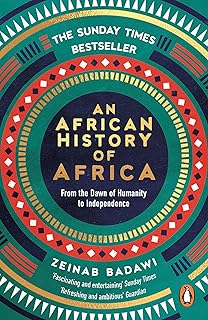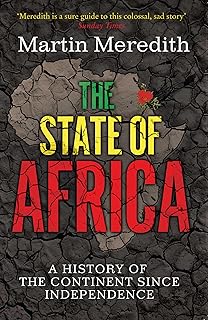The history of Caribbean slavery is at risk of being lost, a significant concern that requires immediate action to preserve it. The names of enslaved African individuals like Quacou, Hankey, Cuffee, Fatima, Fanny Ibo, and Quamina from the 1830s tell a harrowing tale of inhumanity and endurance. However, recent climate-related disasters have further threatened this historical legacy.
In July, Hurricane Beryl devastated Grenada’s sister island, Carriacou, destroying the museum and valuable records. Similarly, a fire at Barbados’s Archives Department consumed crucial historical documents, emphasizing the urgent need for preservation efforts. The loss of these records not only erases invaluable historical information but also undermines the collective cultural heritage of the Caribbean.
Efforts to digitize archives have begun in Barbados, but more extensive initiatives are required across the Caribbean to safeguard these aging records from further devastation. The history held within these documents, such as the stories of enslaved individuals like Fanny Ibo and Quamina, is slowly fading away, risking the erasure of an entire people’s legacy.
European powers, including Britain, played significant roles in authorizing and perpetuating transatlantic slavery in the Caribbean. As descendants of enslaved Africans seek to trace their roots, the preservation of slave registers and plantation records becomes crucial. Digitizing these records for public access is essential not only for historical research but also for addressing the painful void left by slavery in the Caribbean’s history.
Caribbean scholars and genealogists often have to travel to London’s Kew archives to access valuable documents related to slavery, highlighting the need for greater accessibility. Calls for digitizing all archival material related to slavery held in Britain’s archives and creating an online museum to educate on this dark chapter have gained momentum.
King Charles, with his lineage connected to the slave trade, has shown interest in understanding the enduring impact of slavery. As he prepares to address the Commonwealth summit, his support for preserving historical records could be a significant step towards acknowledging and rectifying past injustices.
While slavery may seem like a distant past, its legacies persist in the form of lost ancestral connections and unresolved pain. Protecting and making historical archives digitally available is crucial to ensuring that the memory of those who suffered, like Quacou, Hankey, Cuffee, Fatima, Fanny Ibo, and Quamina, is not forgotten.
Efforts to preserve the history of Caribbean slavery are not just about the past but also about shaping a more inclusive and just future. By safeguarding these records, we acknowledge the painful legacy of slavery and take a step towards reparative justice for those affected by this dark chapter in history.
📰 Related Articles
- Wales Urgently Addresses Skilled Workforce Shortages Amid Economic Concerns
- Cyclone Alfred Unveils Rise of Misinformation Amid Natural Disasters
- Yuma Plans Second Migrant Processing Center Amid Border Challenges
- Young Key Forwards Shine Amid AFL Round 14 Challenges
- Young Ethiopian Runner Makes History at 2025 Vienna Marathon






